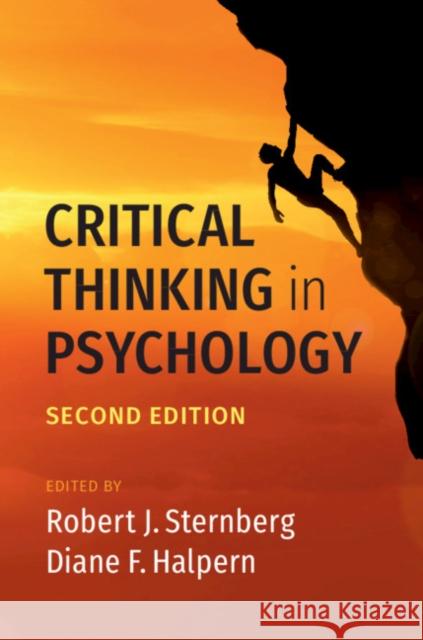Critical Thinking in Psychology » książka
topmenu
Critical Thinking in Psychology
ISBN-13: 9781108497152 / Angielski / Twarda / 2020 / 402 str.
Critical Thinking in Psychology
ISBN-13: 9781108497152 / Angielski / Twarda / 2020 / 402 str.
cena 516,69
(netto: 492,09 VAT: 5%)
Najniższa cena z 30 dni: 423,14
(netto: 492,09 VAT: 5%)
Najniższa cena z 30 dni: 423,14
Termin realizacji zamówienia:
ok. 22 dni roboczych.
ok. 22 dni roboczych.
Darmowa dostawa!
Pinpoints exactly what critical thinking is and uses cutting-edge research to show how to teach and assess it.











